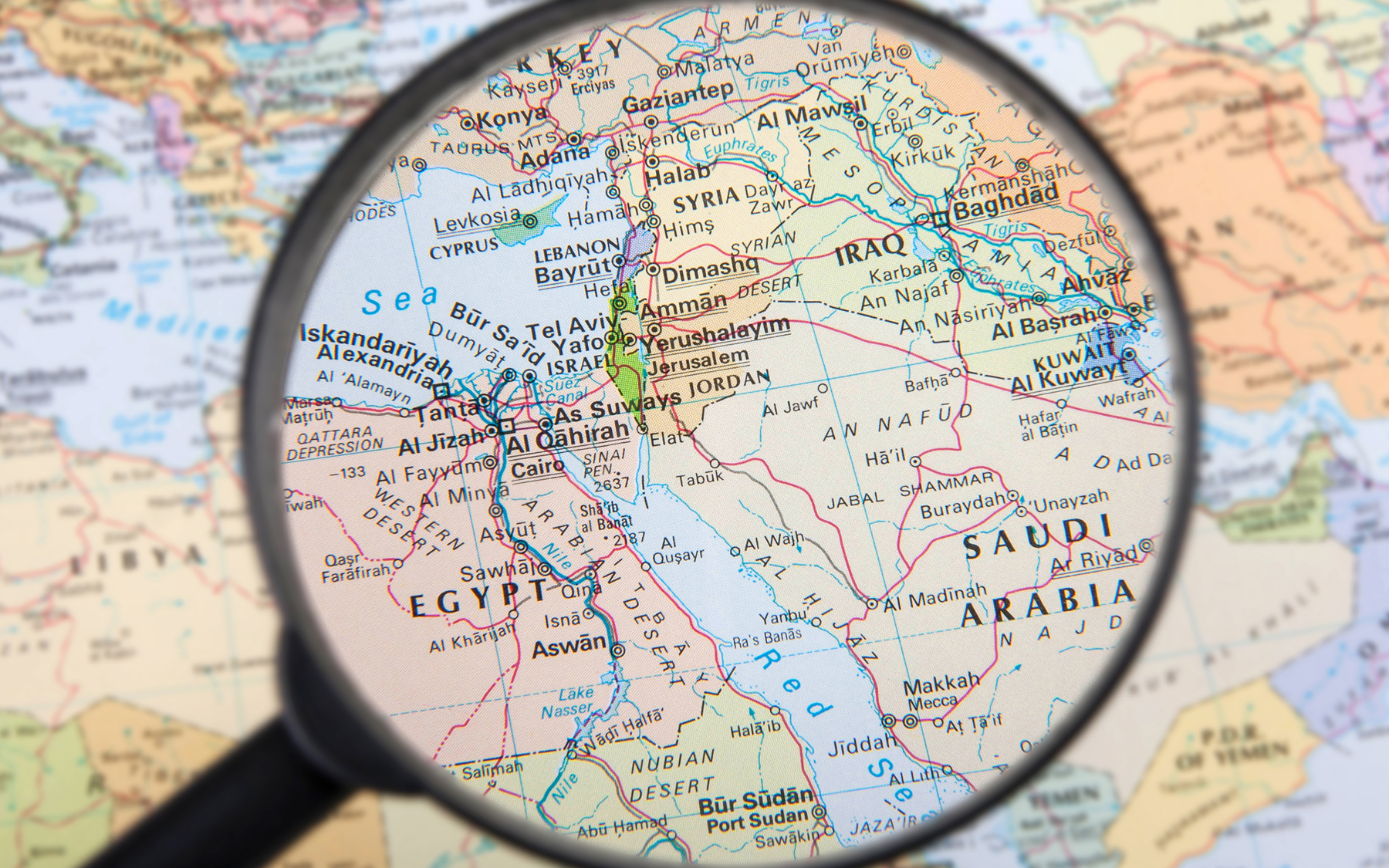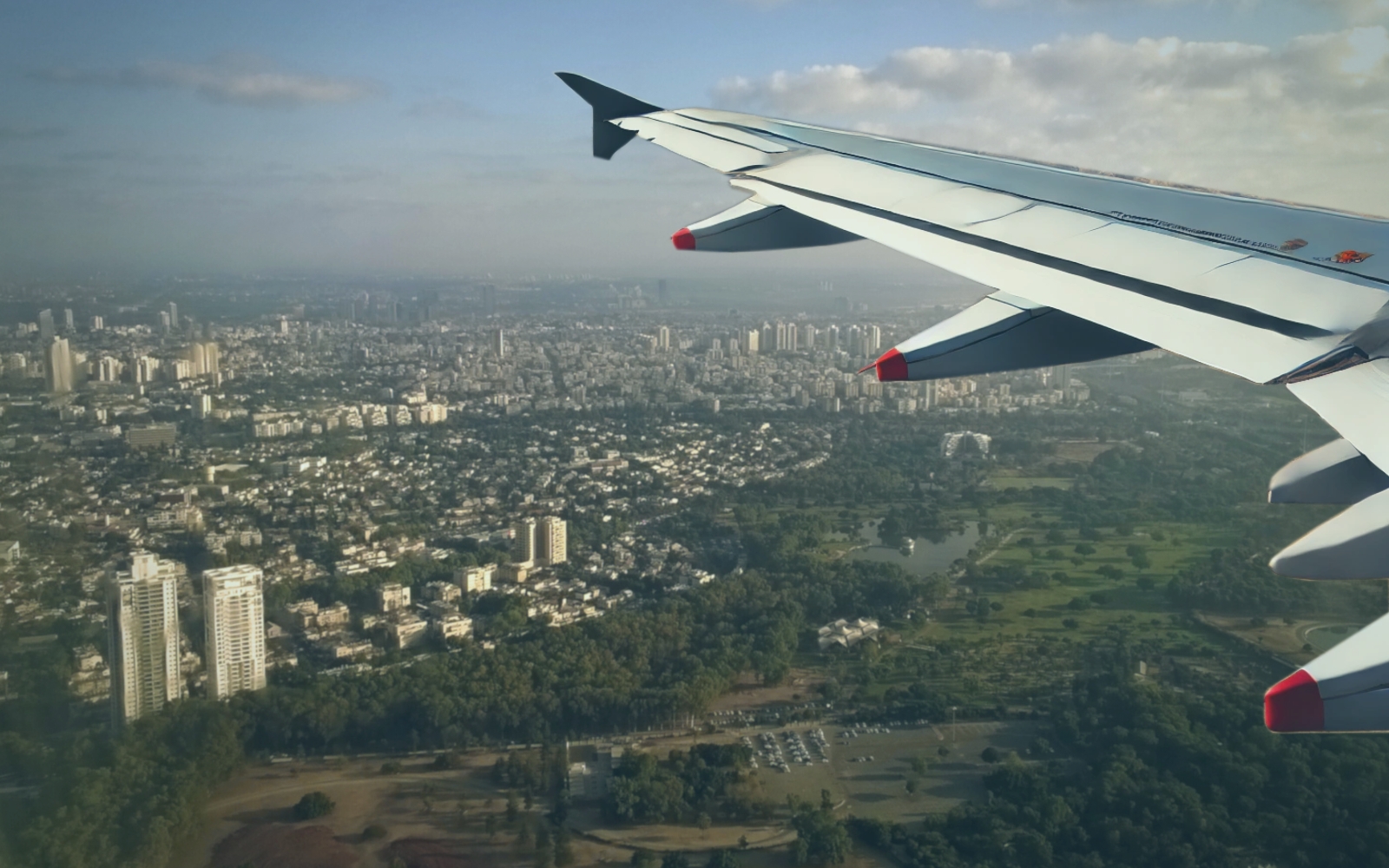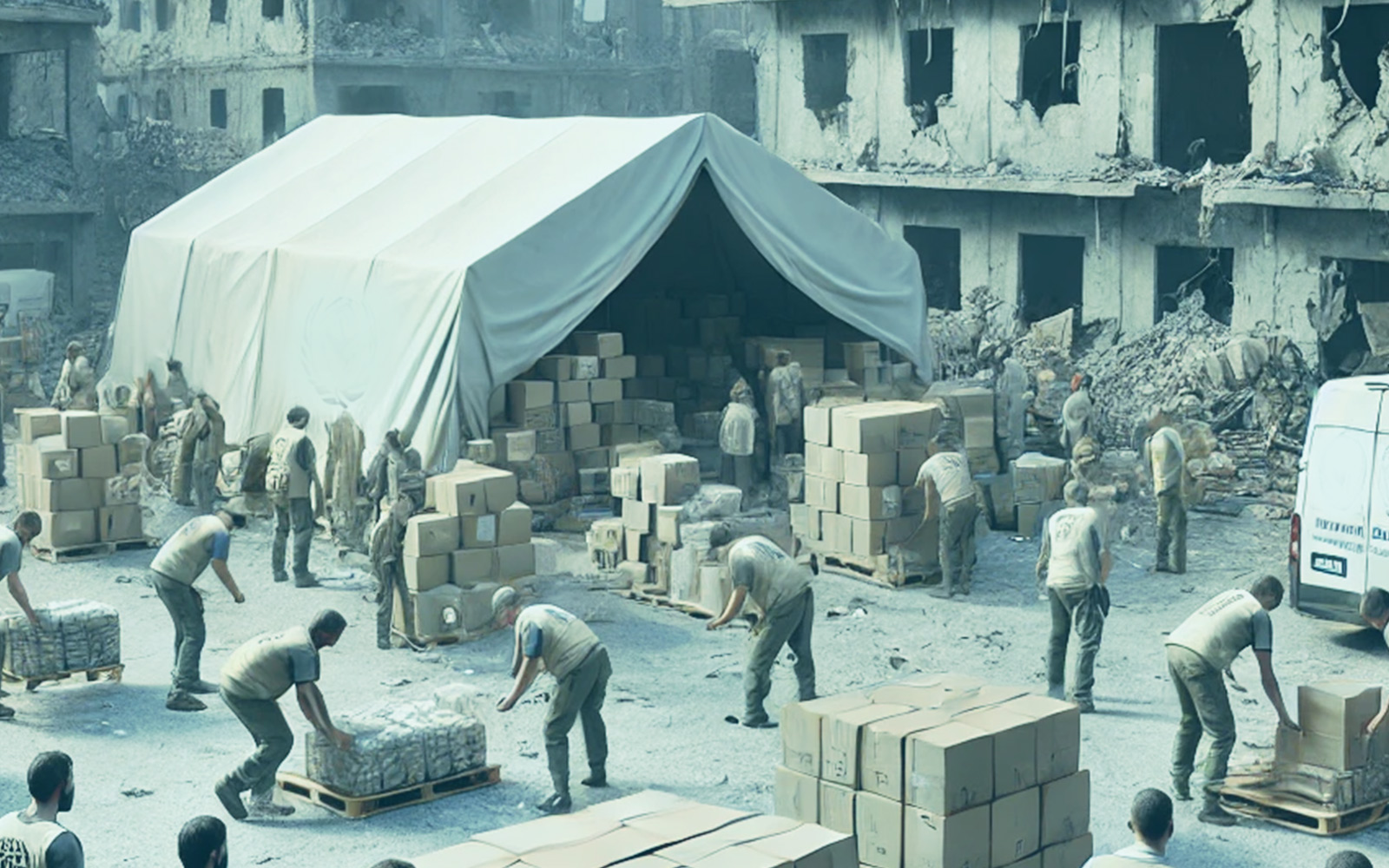Why the conflict in Israel isn’t just local and why Christians need to understand who’s involved.
Many Christians want to understand what’s really going on in the Middle East beyond headlines and surface-level takes. But the conflict isn’t just about land. It’s about ideology, power, and networks of groups whose goals are not peace or coexistence, but domination and destruction. To understand what’s happening, we need to understand the players.
This isn’t an exhaustive breakdown. But if you’ve heard names like Hamas, Hezbollah, or the Houthis and aren’t sure who they are or what they want, here’s what you need to know.
Hamas (Gaza)
Hamas is a violent Sunni Muslim group that controls the Gaza Strip. It was started in 1987 during the First Intifada, which was a Palestinian uprising in the Judea and Samaria and Gaza. Hamas grew out of the Muslim Brotherhood and mixes religion with politics. From the beginning, its goal has been to destroy Israel and replace it with an Islamic state.
In 2005, Israel fully withdrew from Gaza, removing every soldier, base, and settlement. It left behind homes, greenhouses, and infrastructure that could have helped build a thriving Palestinian society. But instead of using these resources for schools, jobs, or hospitals, Hamas focused on building weapons and tunnels to attack Israel.
In 2006, Hamas won Palestinian elections. A year later, it took full control of Gaza by force, kicking out the Palestinian Authority and violently seizing power. Since then, it has ruled Gaza without holding new elections and has silenced opposition.
Hamas is supported by Iran, Qatar, and other foreign donors, who provide money, weapons, and training. It regularly launches rockets at Israeli cities and uses homes, schools, and hospitals to hide its fighters and weapons, putting civilians on both sides at risk.
On October 7, 2023, Hamas carried out the largest attack on Jews since the Holocaust. Over 1,200 people were murdered, including babies, elderly people, and families, in their homes and at a music festival. It was planned, targeted, and celebrated by the group.
Hezbollah (Lebanon)
Hezbollah is a powerful Shiite Muslim armed group and political party based in Lebanon. It was founded in the 1980s during a war between Israel and Lebanon, with strong support from Iran, which still funds, trains, and equips it today. Like Hamas, Hezbollah’s goal is to destroy Israel and to expand Iran’s power across the Middle East.
Hezbollah is different from most terror groups because it has both a military and political side. It holds seats in Lebanon’s government, but its fighters operate independently, often with more power than the Lebanese army itself.
In 2006, Hezbollah started a war with Israel by kidnapping Israeli soldiers and firing rockets into northern towns. That war lasted 34 days and led to over a thousand deaths. Since then, Hezbollah has built up over 100,000 rockets and a network of cross-border tunnels designed to move fighters and weapons into Israel.
Like Hamas, Hezbollah hides its weapons and fighters in homes, schools, and neighborhoods using civilians as shields. It has also sent fighters into Syria and Iraq, where it supports other Iranian-backed militias and spreads Iran’s influence through violence.
After the October 7th Hamas attack, Hezbollah began launching near-daily attacks on northern Israel, firing rockets, mortars, and anti-tank missiles across the border. In the early weeks of the war, these attacks forced tens of thousands of Israelis to evacuate their homes in the north. Whole towns were emptied. But unlike the southern attacks that made global headlines, this mass displacement went largely unnoticed by the outside world.
In recent months, Hezbollah has slowed down its rocket fire, but the threat remains. Many believe it is waiting for the right moment or for Iran to give the green light before opening a second full-scale war from the north.
Hezbollah is labeled a terrorist organization by the United States, Israel, Germany, the Arab League, and others. It is Iran’s most dangerous and well-armed proxy and a major threat not just to Israel, but to peace in the region.
Houthis (Yemen)
The Houthis, also known as Ansar Allah, are a Shiite Muslim rebel group based in Yemen. They began as a small tribal movement, but with strong backing from Iran, they’ve grown into a powerful militant force that now plays a role far beyond Yemen’s borders.
The Houthis control much of northern Yemen, including the capital, Sana’a, and have been at war with a Saudi-led coalition for years. But since October 2023, they’ve shifted their focus outward, launching ballistic missiles and drones at Israel, even though the two don’t share a border. These strikes are more about ideology than geography, aligning with Iran’s broader effort to surround and weaken Israel.
They’ve also attacked cargo ships in the Red Sea, one of the world’s busiest trade routes. Some of the ships had no ties to Israel but were still targeted, disrupting global commerce and threatening international shipping.
Though often seen as a local group, the Houthis are part of Iran’s regional network of proxy forces. They receive funding, weapons, and training from Iran’s Islamic Revolutionary Guard Corps (IRGC), the same military force that supports Hezbollah and Hamas.
The Houthis have added another layer to the conflict by opening a southern front. The Houthis’ official slogan includes: “Death to America, Death to Israel,” showing that this isn’t just a fight between Israel and Gaza. It’s a regional war, with global consequences.
Why It Matters
These three groups, Hamas, Hezbollah, and the Houthis, are not isolated actors. They’re part of a growing network of violence, backed by Iran, aimed not just at Israel, but at reshaping the Middle East and ultimately the entire world. They threaten peace, stability, and the lives of millions, including Christians, Muslims, and Jews alike.
If Christians want to speak with truth and compassion, we need to start with understanding. That means knowing who these groups are, their beliefs, and what they’re working toward. Knowledge is not the enemy of compassion, it’s the beginning of it.



